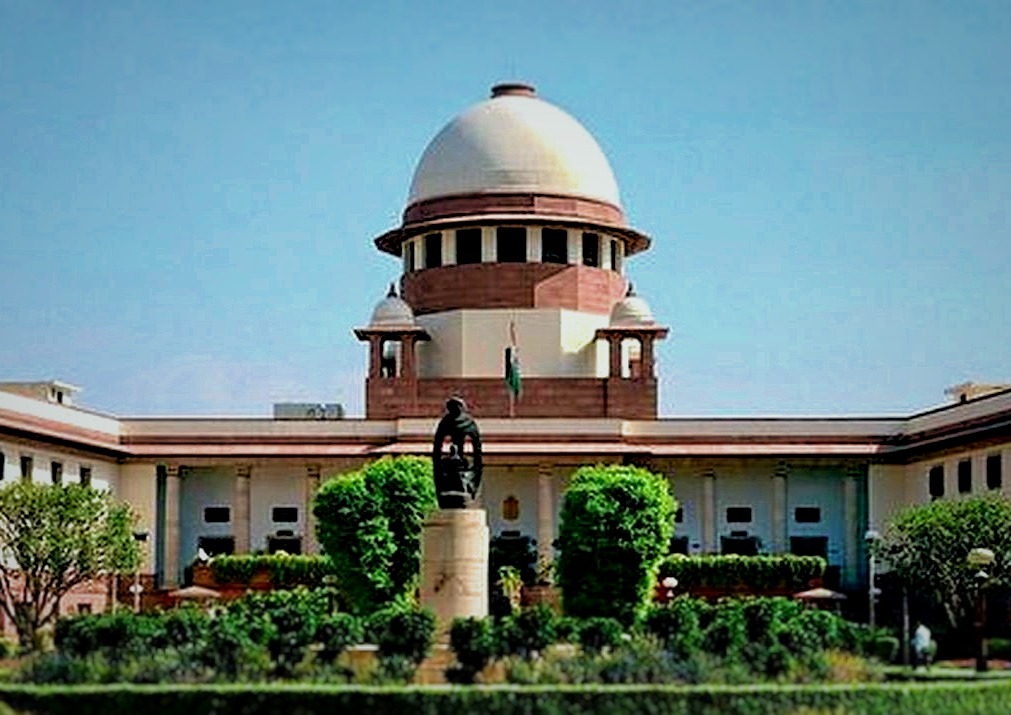Doors of CCI & NCLAT must be kept wide open in public interest: Supreme Court

New Delhi, December 15: Doors of approaching the Competition Commission of India (CCI) and appellate authority NCLAT must be kept “wide open in public interest” so as to subserve the “high public purpose” of the Competition Act 2002, the Supreme Court said on Tuesday.
The observation by the apex court came in its verdict on a petition challenging the order of the NCLAT which held that the informant had no locus standi to move the fair trade regulator, CCI alleging anti-competitive conduct by app-based cab service providers Uber and Ola, news agency PTI reported.
A bench headed by Justice R F Nariman noted the concurrent findings of the CCI and the National Company Law Appellate Tribunal (NCLAT), which had dismissed the plea and found that Uber and Ola do not facilitate any cartelization or anti-competitive practices between drivers, and said there is no reason to interfere with these findings.
However, the bench sets aside the NCLAT order regarding locus standi of the informant in approaching the CCI.
“Obviously, when the CCI performs inquisitorial, as opposed to adjudicatory functions, the doors of approaching the CCI and the appellate authority, i.e., the NCLAT, must be kept wide open in public interest, so as to subserve the high public purpose of the Act,” the bench, also comprising Justices K M Joseph and Krishna Murari, said in its 33-page judgement.
During the arguments before the apex court, the advocates representing Uber and Ola had said that concurrent findings of the CCI and the NCLAT on merits should be upheld as there was no question of any anti-competitive practice in the form of cartelization.
Referring to the provisions of the Act and the 2009 Regulation, the top court noted they showed that “any person” may provide information to the CCI, which may then act upon it in accordance with the provisions of the Act.
“In this regard, the definition of ‘person’ in section 2(l) of the Act, set out hereinabove, is an inclusive one and is extremely wide, including individuals of all kinds and every artificial juridical person. This may be contrasted with the definition of ‘consumer’ in section 2(f) of the Act, which makes it clear that only persons who buy goods for consideration, or hire or avail of services for a consideration, are recognised as consumers,” it said.
Referring to a provision of the Act, the bench said it would show that the law originally provided for ‘receipt of a complaint’ from any person, consumer or their association, or trade association and this expression was then substituted with ‘receipt of any information in such manner and’ by the 2007 Amendment.
“This substitution is not without significance. Whereas, a complaint could be filed only from a person who was aggrieved by a particular action, information may be received from any person, obviously whether such person is or is not personally affected,” it said.
It said even while exercising suo motu powers, the CCI may receive information from any person and not merely from a person who is aggrieved by the conduct that is alleged to have occurred.
It said that section 45 of the Act is a deterrent as false statements and omissions of material facts are punishable with a penalty which may extend to hefty amount of Re one crore, with the CCI being empowered to pass other such orders as it deems fit.
“This, and the judicious use of heavy costs being imposed when the information supplied is either frivolous or mala fide, can keep in check what is described as the growing tendency of persons being ‘set up’ by rivals in the trade,” the bench said.
It said the regulation show that public interest must be foremost in the consideration of CCI when an application is made to it in writing that a person or enterprise has substantial interest in the outcome of proceedings, and such person may therefore be allowed to take part in the proceedings.
“What is also extremely important is regulation 35, by which the CCI must maintain confidentiality of the identity of an informant on a request made to it in writing, so that such informant be free from harassment by persons involved in contravening the Act,” the bench noted.
Sign up for our weekly newsletter to stay up to date on our product, events featured blog, special offer and all of the exciting things that take place here at Legitquest.




Add a Comment